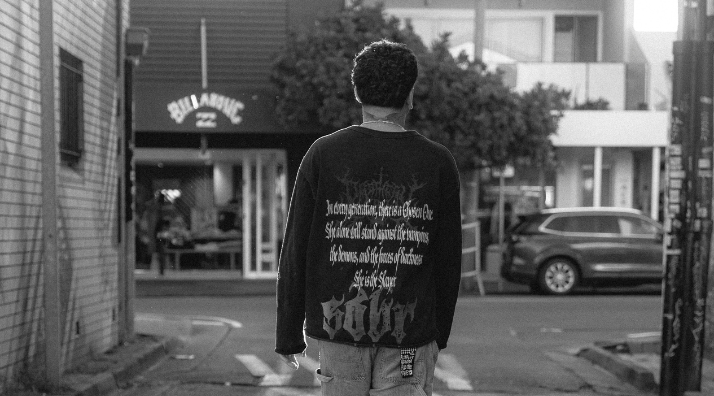Warped Tour Founder, Kevin Lyman, Talks Fyre Festival Disaster & Changes in the Business [INDUSTRY INFILTRATION]
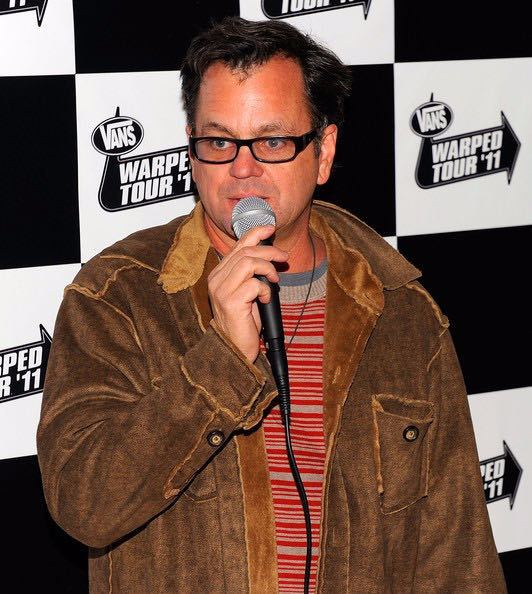
Van's Warped Tour founder, Kevin Lyman, has been an active professional in the music festival industry for the last 37 years. Along with Warped Tour, he has produced shows like Rockstar, Mayhem, Country Throwdown, among many others, is the co-owner of the indie label, SideOneDummy Records, and has recently become a professor for University of Southern California's esteemed Music Industry program.
Along with his passion for live music and education, he is also a passionate philanthropist, earning Billboard Touring Awards Humanitarian of the Year in 2009 among other recognitions. Most recently, Lyman has focused his fundraising efforts on combating opioid addiction and is busy working on a 25th anniversary Warped Tour reunion this summer.
In light of Netflix and Hulu's recent Fyre Festival documentaries, we sat down with Kevin Lyman to learn more about common issues for festival producers, recent changes in the industry, and how to prevent disasters, like Fyre.
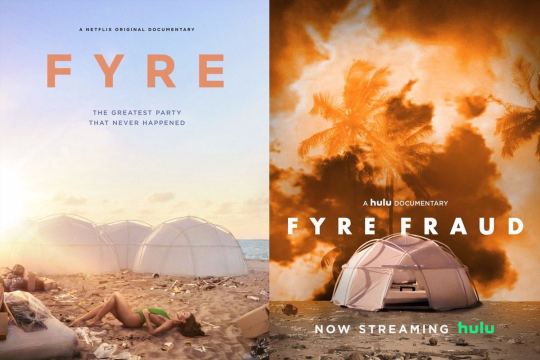
OTW: Given the popularity surrounding the Fyre Festival documentaries, I think a lot of people are interested to know more about why festivals fail… What is your take on why so many festivals fail or end in disaster?
KL: I think the entry level for producing a festival has really lowered. It used to be that you'd work many, many years to be able to get up to the point of producing a festival. Myself, I spent 13 years producing shows and working on other peoples' festivals before I had built up the reputation and work experience to create Van's Warped Tour. What I've seen recently is the threshold of making a festival now is just walking in with a bunch of money. If you have the money to pay talent up front, all of a sudden you're in the festival business.
If you look at Fyre Festival, I don't know if any questions were really asked up front. You'd hope that agents representing the talent would ask, "Who is producing this?" and "Does this timeline seem feasible?" but they didn't. There's maybe 25 people I can think of that, if I heard they were producing Fyre, I might actually believe they could do it [given enough time].
OTW: Do you think that Fyre's ambitious concept was also a huge factor, beyond lack of experience, in the disaster?
KL: Oh, absolutely, none of my friends and I would have ever considered taking such a project on with such short notice. There were so many factors, and honestly, I think many people are to blame for that disaster. The festival just never should have happened in the first place.
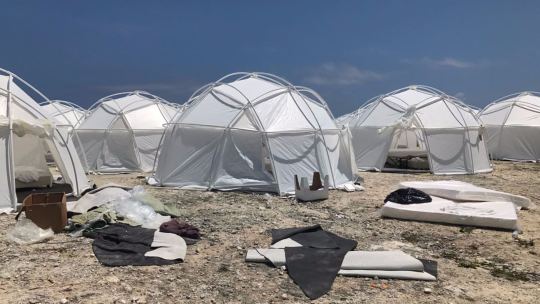
OTW: What other trends are you seeing in the festival industry that lead to failure?
KL: Another huge one is just the saturation of festivals. There's too many. There truly is a festival bubble, it's happening right now. I think a lot of festivals today are going to be gone soon.
OTW: From what I've noticed, there's a lot of new festivals that don't make it past the first couple years, do you agree?
KL: Yes.
OTW: Why do you think it's so difficult to start a new festival, besides what we've already mentioned?
KL: The talent fees have gone up so much recently for festivals. That's mostly because of supply and demand. There are more festivals now than ever now so there is a large demand for talent.
Also, the actual infrastructure costs are often unmanageable too, like permits, water, stages, even toilets. Things most people don't even think about. But overall, the number one rising cost right now is security. In America, at large public gatherings, you have to keep people safe and that is costing more and more every year.
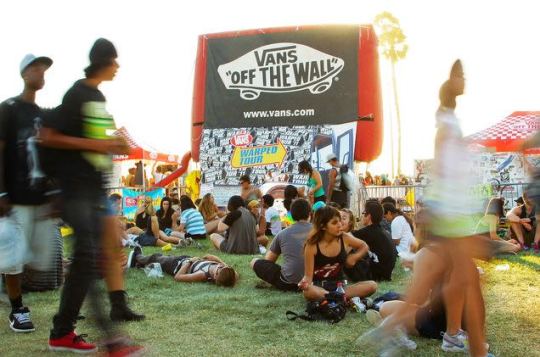
OTW: Do most festivals have insurance? From my understanding of Fyre, for example, seemed to not have coverage for a lot of the what they needed to pay back after its failure.
KL: Oh, absolutely. Everyone has to have insurance. With Fyre, I definitely don't think they had enough coverage. They couldn't cover their losses with how disastrous everything went. You'd be remiss on a large outdoor festival not to have some sort of cancellation insurance for, at the very least, weather. You can't predict that… but the giant disaster [Fyre] created? I don't think any insurance company would've fully covered that. That festival was a man-made disaster.
OTW: After hearing what you've said, have you ever had any mishaps or emergencies at your shows?
KL: Oh, yes, many times. I've probably produced over 1,000 outdoor festivals, maybe more. I've had about 80-100 emergencies. Luckily, all of those were weather-related. I had to learn the right moment to stop a festival (to get everyone to safety) and when I should start things back up. You have to learn the weather patterns and pay really close attention.
OTW: Thanks so much for speaking with us, Kevin.
KL: My pleasure.

![Bella Litsa’s “Drasticism” Is Mysterious, Inevitable and Undoubtedly Your Next Obsession [Q&A]](https://s3-us-west-2.amazonaws.com/onestowatch-v2/4_i8_a1538@sandrajamphoto-1771529337.jpg)
![Inside Ally Evenson’s “SPEED KILLS” Short Film Debut at Brain Dead Studios [Q&A]](https://s3-us-west-2.amazonaws.com/onestowatch-v2/save_vid._net_637196595_18565097563019473_4760615889967315430_n-1771618679.jpg)
